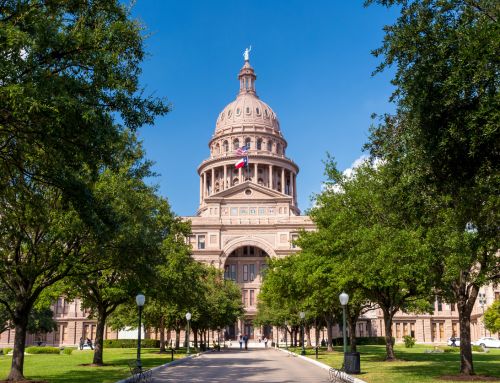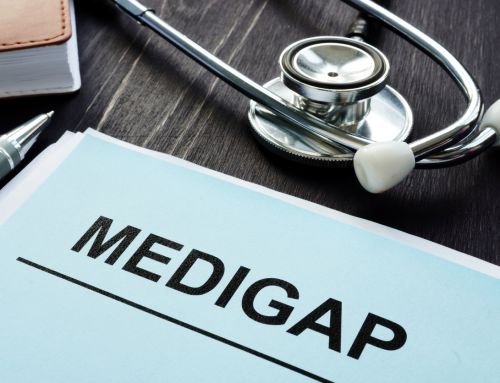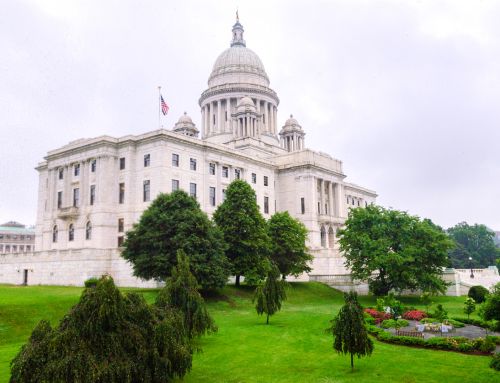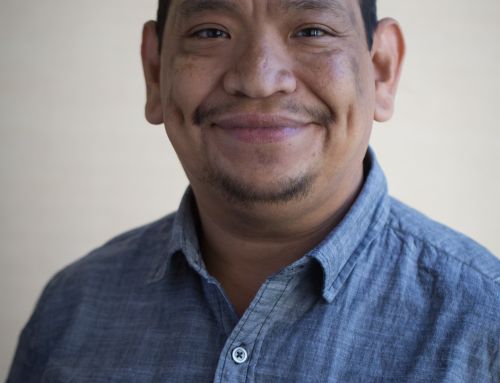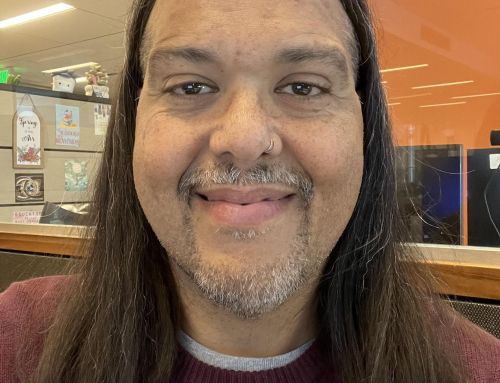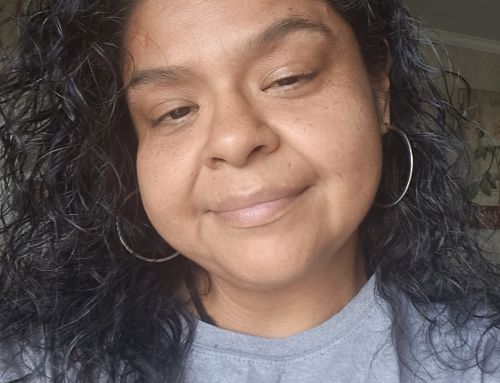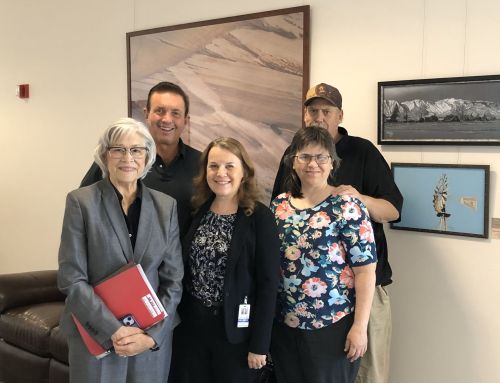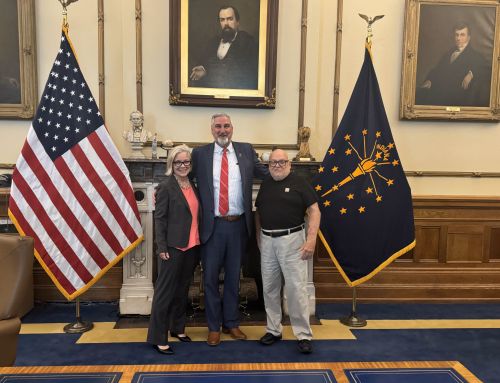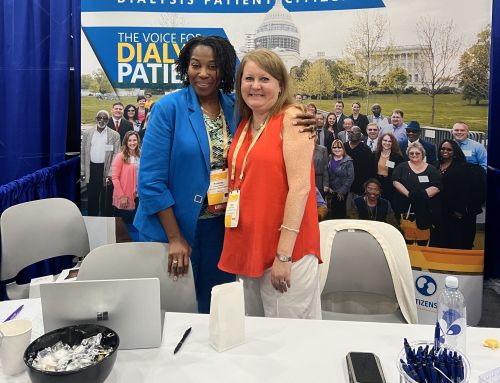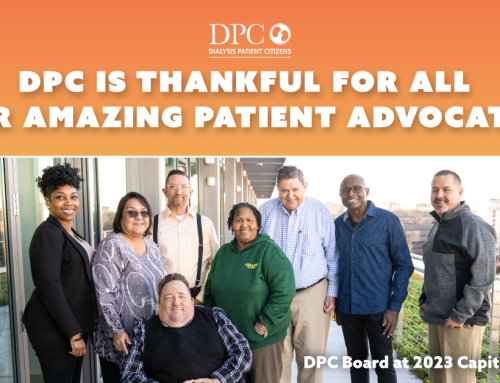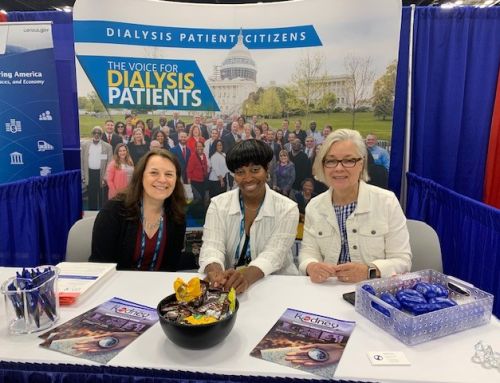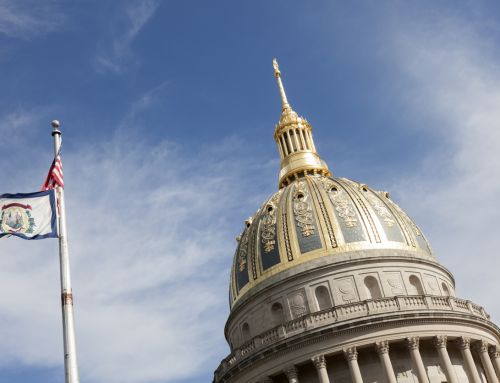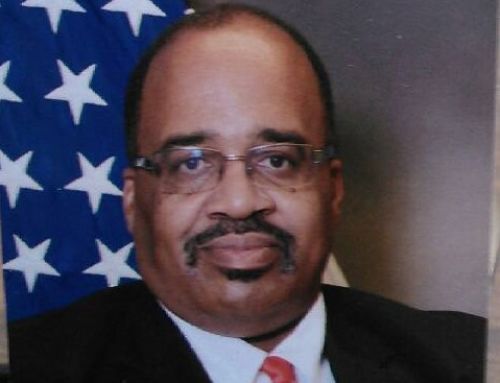Dear Chairman Hatch, Senator Wyden, Chairman Ryan, Congressman Levin, Chairman Upton & Congressman Pallone:
The undersigned organizations share a commitment to advancing the health and economic security of older adults, people with disabilities, and their families. We are writing to urge you to advance a solution to mitigate projected increases to Medicare Part B premiums and the Part B deductible in 2016. According to the 2015 Medicare Trustees Report, Part B premiums will increase by 52%—up to $159.30 per month from $104.90—for 30% of beneficiaries. The trustees also predict that this increase will be accompanied by a hike in the Part B deductible—up to $223 from $147.1
The projected increases are attributed to a range of factors, including higher than expected utilization of outpatient services and the anticipated absence of a Cost of Living Adjustment (COLA) for Social Security recipients in 2016. Through the hold harmless provision in the Social Security Act, the dollar increase in the Part B premium is limited to the dollar increase in an individual’s Social Security benefit. With no COLA expected, an estimated 70% of beneficiaries will be held harmless, meaning their Part B premium will remain stable at $104.90.2
The remaining 30% of beneficiaries will shoulder the cost of the expected premium increase.3 Older adults and people with disabilities affected by the projected premium increase include: new Medicare enrollees in 2016 (2.8 million); individuals not collecting Social Security benefits (1.6 million); and beneficiaries already paying higher, income-related premiums (3.1 million). Nine million beneficiaries dually eligible for Medicare and Medicaid are also subject to the higher premiums and state Medicaid programs will bear this cost.4 We are also very concerned that there may be insufficient allocations for the low-income Qualified Individual (QI) program, recently made permanent in the Medicare Access and CHIP Reauthorization Act of 2015, to cover the unanticipated premium increases for these beneficiaries with incomes between 120-135% of poverty.
Unlike the 2016 Part B premium projections, the estimated increase in the Part B deductible will affect all Medicare beneficiaries. The beneficiaries who would be most significantly affected by the deductible increase include those enrolled in traditional Medicare with no supplemental coverage (such as a Medigap plan or employer-sponsored retiree coverage) and those whose supplemental coverage does not cover the Part B deductible. In 2013, an estimated 8.5 million beneficiaries had only traditional Medicare or lacked first-dollar supplemental coverage through Medigap or an employer-sponsored plan.5 These individuals will shoulder the expense of a higher deductible, as will State Medicaid programs responsible for dually eligible beneficiaries. Similarly, consumers that purchase Medigap plans may bear this expense in the form of higher Medigap premiums, as may retirees and their employer sponsors.
We are deeply concerned by the projected Part B premium and deductible increases, most notably for current and newly eligible beneficiaries living on low- and fixed incomes. In 2014, half of the Medicare population lived on annual incomes of $24,150 or less.6 Newly enrolled Medicare beneficiaries, those not collecting Social Security benefits—many of whom are retired public servants—and State Medicaid programs should not be expected to carry the burden of paying for increased costs in Part B through higher premiums and cost sharing.
Working alongside the U.S. Department of Health and Human Services (HHS), we urge you to advance a solution that will significantly lessen the projected Part B premium and deductible increases in 2016. Congress should support HHS’ ability to mitigate the premium and deductible increases, including reconsidering the amount beneficiaries contribute to the Supplementary Medical Insurance Trust Fund and the amount of funds that are allocated to the Trust Fund reserve. HHS needs flexibility to implement a variety of proposed solutions, including calculating the deductible using the 2016 projected premium before application of the hold harmless, rather than using the premium after the hold harmless is applied. As you consider options, we also encourage you to consider prior, bipartisan legislation, the Medicare Premium Fairness Act of 2009. This bill effectively extended the hold harmless to all Medicare beneficiaries and passed the U.S. House of Representatives with an overwhelming bipartisan majority.
Importantly, we ask that you consider options in the spirit of this proposal that would shield beneficiaries from the unintended consequences resulting from the application of the hold harmless provision. Specifically, no beneficiary should be forced to pay more than they otherwise would simply because some beneficiaries are afforded critical protections against reductions in their Social Security checks. As the annual Medicare open enrollment period nears, from October 15 to December 7, we urge you to take swift action to protect beneficiaries from the Part B premium and deductible increases. Access to information about Part B costs is critically important to the decision-making process for older adults and people with disabilities as they consider their 2016 coverage options.
Sincerely,
AARP
AFL-CIO
Aging Life Care Association
Alliance for Retired Americans
America’s Health Insurance Plans (AHIP)
American Association on Health and Disability
American Federation of Government Employees (AFGE)
American Federation of State, County and Municipal Employees (AFSCME)
American Postal Workers Union
American Society on Aging
Blue Cross Blue Shield Association (BCBSA)
B’nai B’rith International
Brain Injury Association of America
Caring Across Generations
Center for Medicare Advocacy, Inc.
Department for Professional Employees, AFL-CIO
Dialysis Patient Citizens
Easter Seals
Families USA
Federal Managers Association
Federally Employed Women
International Association for Indigenous Aging
International Association of Fire Fighters
International Association of Machinists and Aerospace Workers
International Union of Bricklayers and Allied Craftworkers
International Union, United Automobile, Aerospace & Agricultural Implement Workers of America (UAW) Justice in Aging
Lakeshore Foundation
Lupus Foundation of America
Medicaid Health Plans of America (MHPA)
Medicare Rights Center
Military Officers Association of America (MOAA)
National Academy of Elder Law Attorneys (NAELA)
National Active and Retired Federal Employees Association (NARFE)
National Adult Protective Services Association
National Association of Area Agencies on Aging (n4a)
National Association of Federal Veterinarians (NAFV)
National Association of Government Employees (NAGE)
National Association of Letter Carriers
National Association of Postal Supervisors
National Association of Postmasters of the US
National Association of Social Workers (NASW)
National Committee to Preserve Social Security and Medicare
National Consumer Voice for Quality Long-Term Care
National Council of Social Security Management Associations (NCSSMA)
National Council on Aging (NCOA)
National Disability Rights Network
National Education Association (NEA)
National Multiple Sclerosis Society
National Postal Mail Handlers Union
National Respite Coalition
National Rural Letter Carriers Association
National Treasury Employees Union (NTEU)
National Weather Service Employees Organization (NWSEO)
Organization for Professional Employees of the U. S. Department of Agriculture (OPEDA)
OWL—The Voice of Women 40+
Paralyzed Veterans of America
Patent Office Professional Association (POPA)
Professional Aviation Safety Specialists (PASS)
Professional Managers Association (PMA)
Senior Executives Association (SEA)
Social Security Works
Strengthen Social Security Coalition
The Arc of the United States
The Jewish Federations of North America
United Cerebral Palsy
United Mine Workers of America
United Steelworkers (USW)
Wider Opportunities for Women (WOW) Women’s Institute for a Secure Retirement (WISER)
CC: Senator Mitch McConnell, Leader, U.S. Senate
Senator Harry Reid, Minority Leader, U.S. Senate
Congressman John Boehner, Speaker, U.S. House of Representatives Congresswoman Nancy Pelosi, Minority Leader, U.S. House of Representatives Secretary Sylvia Mathews Burwell, U.S. Department of Health and Human Services

